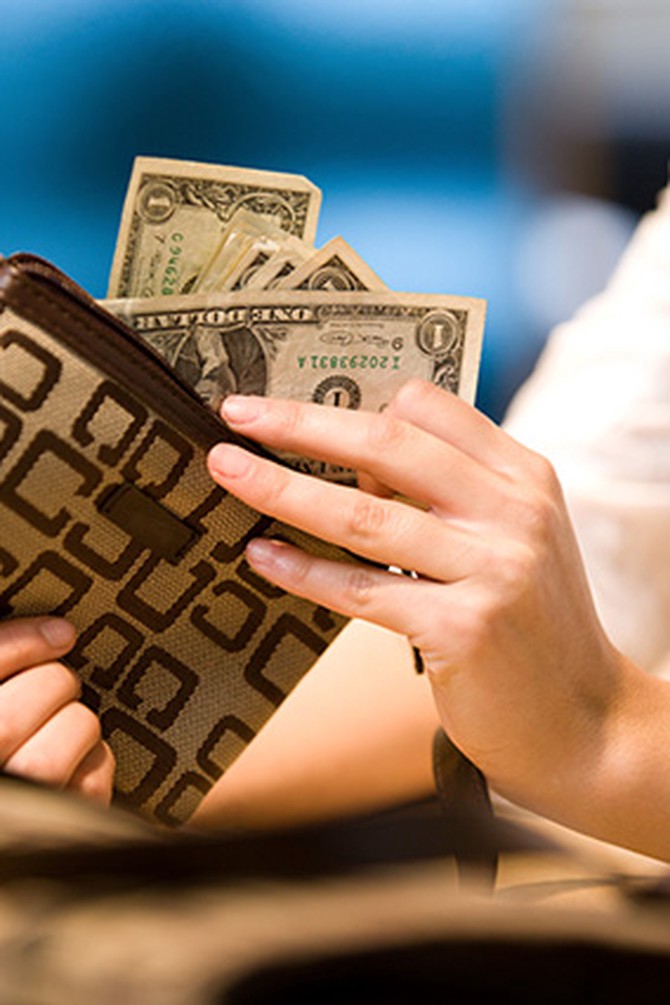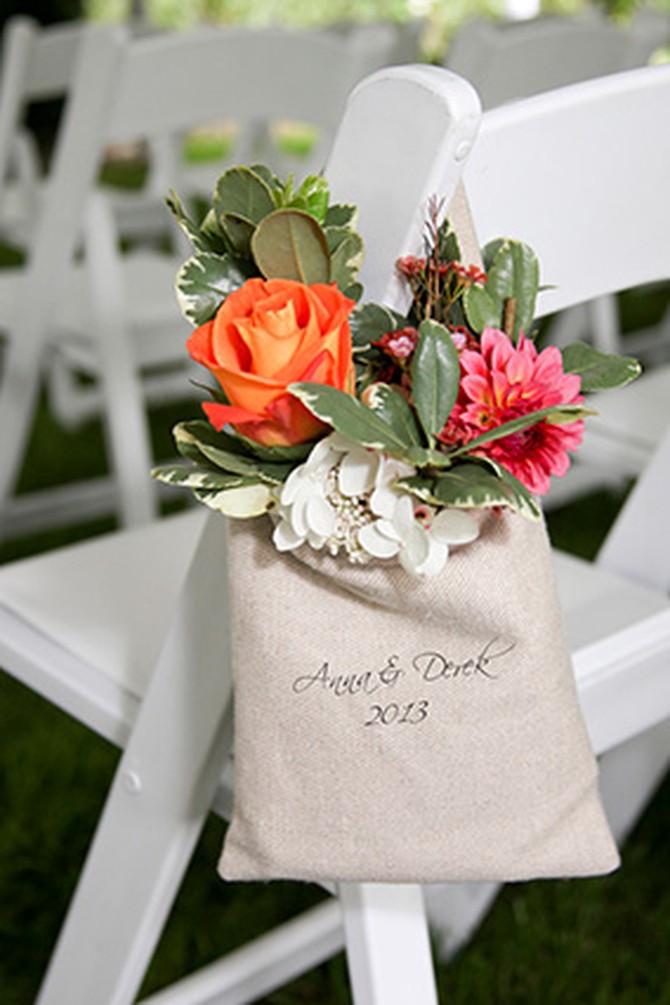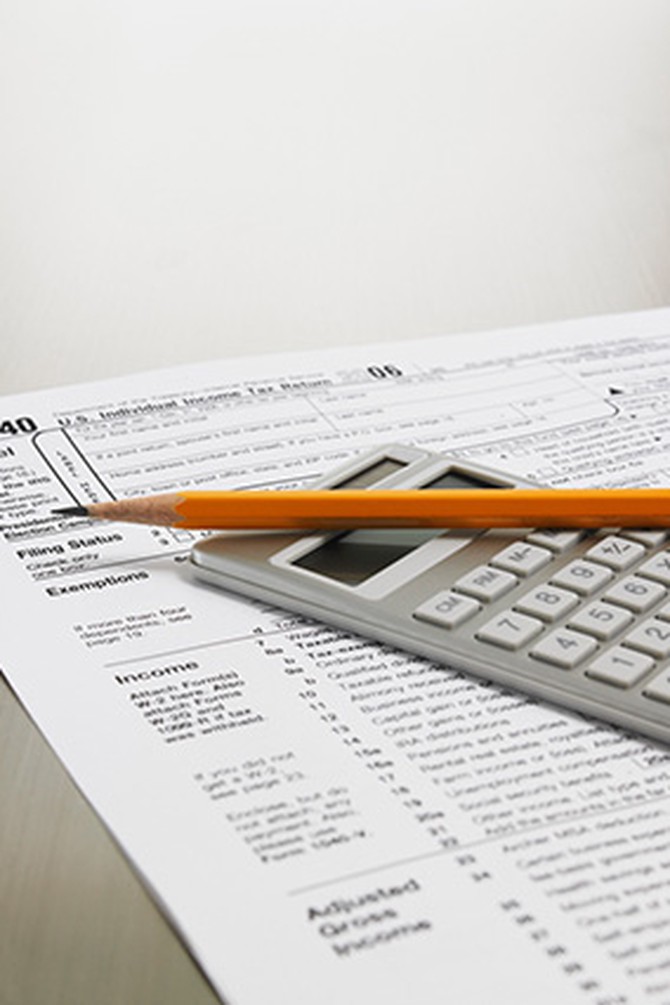10 Money Decisions You'll Always Regret
Live fully, move in the direction of the future and regret nothing! Well, except that late-night, infomercial Roomba purchase...and these other ill-advised financial moves.
By Amy Shearn

Photos: Thinkstock
Splurging on Too-Precious-to-Use Cosmetics
We know that no matter what claims a commercial makes, a product won't change our lives without some work on our end (we're looking at you, dust-collecting Bowflex in the basement). And yet...the fancy pot of eye cream. We fall for the eye cream. And it's $150. And we splurge. But obviously we can't use $150 eye cream every day without thinking, "Well, that smear was $2 well spent. SIGH." So we save it, treasure it, dole it out meagerly on only the most sleep-deprived of eye-baggy mornings...only using half the jar before it expires. The lesson here? If you're going to splurge on the finer things, at least have the decency to really, really enjoy them.

Photos: Thinkstock
Carrying Around an Expensively Empty Wallet
I know, I know, you're so used to paying for everything with plastic that you rarely bother with greenbacks. But having some cash around never hurt anyone. You know what hurts? Buying four extra brownies so you can still get your $2 coffee at the café that has a $12 credit minimum. Or even worse: leaving your groceries in the checkout line so you can trot off to find an ATM when the credit card machine isn't working.

Photos: Thinkstock
Buying the Newest Digital Camera for Christmas
I married into a family full of electronics-seeking men who pore over the Best Buy catalogue as if it were written by Danielle Steel, who cash in their rebates religiously, who utter the phrase, "paying retail," with such disdain you'd think it was actually a crime, and here's the best trick I have learned: Buy electronics in the early fall. Prices will be slashed as stores empty their stock before the next year's models come out. You may have a few less megabytes on your shiny, new device, but it's probably just as good for most people's purposes. (Read this for more tips on the best time of year to buy anything.)

Photos: Thinkstock
Paying $208 for Milk
Personally, I count as one of my charming quirks as a life partner, along with cover-stealing and excessive planning, my boredom with grocery shopping. It's a chore so tedious I strive to ignore it as often as possible. Which explains why I frequent the pricey "convenience" store that's on the route home for the ridiculous amounts of milk my children chug like frat boys at a kegger, when the same milk is $1 cheaper per gallon at the actual grocery store located a bit out of the way. We probably go through two gallons of milk a week, so this adds up to more than $200 a year—and that's only the milk. Convenience is a beautiful thing, but regularly overpaying for something even as you tell yourself it's "just this one time"...well, that's not all that charming.

Photos: Thinkstock
Ordering 300 Lovely Personalized Tote Bags
Anyone who's ever gotten married knows that almost every "inexpensive" wedding ends up being pricey. And if having a special photo booth, or the perfect band, will make your wedding the night of your dreams, then, by all means, go for it. But remember that weddings are short and marriage is long. When the wedding is a glowy, Instagrammed memory and you're scraping together a down payment for that starter house (see below), will you be glad you spent all that dough on the party favors half the guests forgot, or the table runners that matched the bridesmaid dresses? In an era when more and more couples pay for their weddings themselves, keep in mind that entering this new stage of life not in debt from the party might feel darn festive.

Photos: Thinkstock
Paying $3,000 in Taxes in April. All. At. Once.
Major pro of freelance life: Wearing yoga pants to work, despite not teaching yoga for work.
Major con of freelance life: Paying income tax in one big, brain-busting lump every spring. Pretend you work in a traditional office, in the "sitting at the desk, doing the work" way, and you'll reap the benefits; pretend you can forget about Uncle Sam like your salaried friends do, and you'll rue the day. According to this fun little financial-planning service called the IRS, "If you are filing as a sole proprietor, partner, S corporation shareholder, and/or a self-employed individual, you generally have to make estimated tax payments if you expect to owe tax of $1,000 or more when you file your return." Pay estimated taxes quarterly, and you'll thank yourself (and me—you're welcome!) in April.
Major con of freelance life: Paying income tax in one big, brain-busting lump every spring. Pretend you work in a traditional office, in the "sitting at the desk, doing the work" way, and you'll reap the benefits; pretend you can forget about Uncle Sam like your salaried friends do, and you'll rue the day. According to this fun little financial-planning service called the IRS, "If you are filing as a sole proprietor, partner, S corporation shareholder, and/or a self-employed individual, you generally have to make estimated tax payments if you expect to owe tax of $1,000 or more when you file your return." Pay estimated taxes quarterly, and you'll thank yourself (and me—you're welcome!) in April.

Photos: Thinkstock
Building Mr. Blandings' Dream House
In case you've forgotten the 1948 Cary Grant/Myrna Loy classic Mr. Blandings Builds His Dream House, I'll remind you that this film involves a family man who, seeking to escape his cramped NYC apartment, buys a lovely, old "fixer-upper" in Connecticut. This house turns out to be structurally unsound, needing to be torn down entirely. The antics that follow are funny if you're watching the film, not in the least bit enjoyable when they are happening to you. If you know that you honestly enjoy endless renovations and DIY projects, and you've allotted additional sums to fix up the beautiful wreck you've fallen in love with, that's one thing—oh, and P.S., the real-estate site Zillow has a nice rundown of things to look for before you make your offer. Otherwise, follow this advice delivered by Melvyn Douglas in the film: "The next time you're going to do anything or say anything or buy anything, think it over very carefully. When you're sure you're right, forget the whole thing."

Photos: Thinkstock
Thinking "Autopay" Is a Synonym for "Forget About All Bills Entirely, Forever"
Putting bills on autopay can reduce clutter (ask Suze Orman) and assure timely payment. But it can also make those bills really easy to forget about entirely. Never looking at your bills means you'll never know if you're getting wrongly or weirdly charged for something.

Photos: Thinkstock
Spending the Beach Weekend Savings Fund on a Split Lip
Remember how nice Mrs. Hanson used to tell you and the other fourth-graders that there was "no such thing as a stupid question"? Well, wouldn't Mrs. Hanson be disappointed if she knew how few questions you asked at the doctor's office because you were frazzled, intimidated or afraid of sounding stupid. Like when your regular provider sends you to a specialist—their preferred surgeon to stitch up your toddler's split lip or this great ENT guy for your bizarrely clogged ear—and you are a little confused but wanting to get the whole thing over with, so you take the hieroglyphic paper in your sweaty palm and head to the next location in your healthcare treasure hunt only to later realize (cue dread-lump in stomach) that you forgot to check whether this individual was in your healthcare network. Many specialists like anesthesiologists, radiologists, pathologists and, I've learned from recent, irritating experience, pediatric dentists, don't accept any health insurance at all, creating an unpleasant paper trail of reimbursements for you to follow up on. And you thought you had a headache before! Hey-Oh! (But seriously, check this Wall Street Journal guide for more ways to avoid surprise medical bills.)

Photos: Thinkstock
Thinking You Need a Hefty Savings Account in Order to Save Your Soul
There are so many things to consider when leaving a relationship. Starting fresh takes courage. Starting fresh takes certainty. Starting fresh takes a plan. Starting fresh takes, if you've been living together or have combined finances, money. Don't let this be the excuse that keeps you in bad relationship. This article offers some good, practical advice for when you can't financially afford a split but can't emotionally afford to stay; namely, consider dividing bank accounts and cohabitating while you save for a move or find a way you can be financially independent. Clinical psychologist Nancy Molitor, PhD, told Oprah.com, "See your situation as a challenge, not a catastrophe, and know that you won't be in it forever." Good advice for all of us. Staying in a bad relationship just because you think you can't afford to leave might just be the worst financial decision you could ever make.
Amy Shearn is the author of The Mermaid of Brooklyn: A Novel.
Next: 5 things you will never regret spending on (and 3 you will)
Amy Shearn is the author of The Mermaid of Brooklyn: A Novel.
Next: 5 things you will never regret spending on (and 3 you will)
Published 09/27/2013

